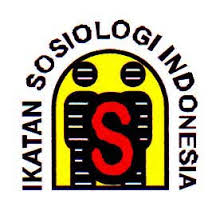| Publication Ethics |
| Focus and Scope |
| Editorial Team |
| Reviewer |
| Author Guidelines |
| JMS Journal Template |
| JMS Citation Guide |
| Screening For Plagiarism |
| Online Submission |
| Peer Review Process |
| Copyright Transfer Form |
| Open Access Statement |
| Author Fees |
JOURNAL TEMPLATE
ANNOUNCEMENT
Before submitting an article, please read in Focus and scope, Author Guidelines, Publication ethics statement, To write citations Use APA citation styles, use reference management tools such as Mendeley, Zotero, etc.. Please Use Our templates to write scientific articles, for submission please click online submission. if your article is accepted Please fill statement in the Copyright Transfer Form then send it to the JMS journal manager
ISSN
COLLABORATION
PLAGIARISM TOOLS
REFERENCE MANAGEMENT TOOLS












